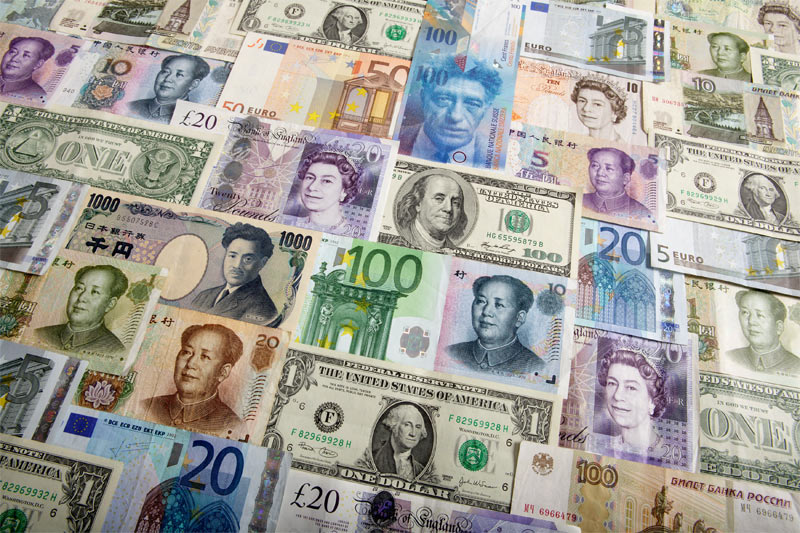By Wayne Cole
SYDNEY, Feb 19 (Reuters) - The Australian and New Zealand dollars were aiming for a steady end to a choppy week on Friday with sharply higher bond yields and rising commodity prices keeping both underpinned.
The Aussie idled at $0.7768 AUD=D3 and was barely changed on the week having been corralled between support at $0.7725 and resistance around $0.7805.
The kiwi dollar edged ahead to $0.7213 NZD=D3 , but again was flat for the week. Again, a break of $0.7159 support or $0.7269 resistance is needed to trigger a major move.
The Aussie was supported by rising commodity prices as China returned from holiday, with copper the highest in eight years and tin at a nine-year peak.
Iron ore, Australia's single biggest export earner, surged above $170 a tonne and is delivering a windfall to mining profit and government tax revenue. the commodity story remains super-supportive," said Westpac head of foreign exchange strategy Richard Franulovich. "We still tend to see a period of consolidation near term for the A$ in a $0.76 to $0.78 range given the modest US$ uptrend."
"However, we would use dips back to and through $0.7600/50 as an opportunity to buy."
Less helpful was data showing retail sales rose only 0.6% in January, when analysts had hoped for a gain of 2%. The miss was largely due to a sharp fall in Queensland where a coronavirus lockdown in Brisbane kept shoppers at home. currencies have been confined, bonds took a drubbing this week as investors hedged against the risk of faster global inflation as vaccinations were rolled out.
Yields on Australian 10-year bonds AU10YT==RR have surged 19 basis points this week, the biggest jump since last June, to reach an 11-month high of 1.425%.
Yields on cash three-year bonds AU3YT=RR edged up only slightly to 0.13% as the Reserve Bank of Australia stuck to its target of 0.10%.
Yet three-year futures YTTc1 slipped over 4 ticks on the week to imply a yield of 0.22%, suggesting the central bank might have to step in to restrain the move.
In New Zealand, 10-year yields NZ10YT=RR were a steep 21 basis points higher for the week at 1.545% as markets braced for the first monetary policy meeting of the year on Feb. 24.
While the Reserve Bank of New Zealand is expected to keep rates at 0.25%, analysts are less sure what it might say about other stimulus measures given the surprising strength of the domestic economy.
